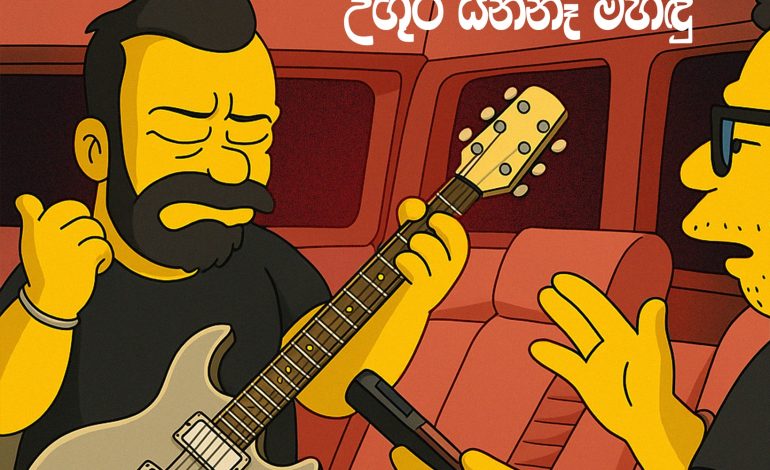
In an industry where ideas are currency, originality is sacred.
But what happens when a campaign that once sparked global acclaim is seemingly replicated—almost frame for frame—in another market with a new brand name, new faces, but the exact same story?
This is the case with EVA’s recently launched “COOL Teacher” campaign, which mirrors the core idea, emotional arc, and even the structure of the Cannes Lions 2022 Gold-winning campaign, “The Missing Chapter” by Whisper (Leo Burnett India).
The Original: Whisper – The Missing Chapter
Launched by Whisper (P&G India) and crafted by Leo Burnett India, “The Missing Chapter” was more than just a campaign—it was a bold, transformative movement.
Objective:
To address the glaring absence of menstrual education in Indian school curriculums. In many schools, menstruation remains a taboo topic, and its omission from textbooks contributes to shame, misinformation, and health risks.
The Big Idea:
Add a “missing chapter” on menstruation to school textbooks.
Execution:
- A powerful short film showing a young girl in class, silenced and confused about her period.
- A compassionate teacher takes the initiative to teach what the textbooks ignore.
- Whisper creates and distributes an actual chapter to be added to schoolbooks, in partnership with educators and government bodies.
Recognition:
- Gold Cannes Lion 2022
- Praised globally for purpose-driven creativity, bold brand action, and societal impact.
The Replica: EVA – The COOL Teacher
Fast forward to 2025, and we see EVA, a feminine hygiene brand, launch a campaign titled “The COOL Teacher”.
On the surface, it appears to be a local, inspirational initiative focused on menstrual education.
But a closer look reveals something troubling:
Copy or Coincidence?
There’s a difference between inspiration and duplication. While Whisper’s campaign tackled a deep-rooted cultural stigma through innovation, EVA’s replication lacks originality, context adaptation, or credit.
No cultural reframing. No differentiation. Just idea lifting—and that’s where the problem lies.
Why This Matters
Intellectual Property:
Creative campaigns, especially those awarded at the highest global forums, are considered intellectual assets. Replicating such work without acknowledgment violates industry norms and possibly legal boundaries.
Agency Ethics:
Whether this was the result of client pressure, agency negligence, or oversight—it undermines the credibility of the professionals involved.
Creative Integrity:
If bold, purpose-led work can be copied this easily, what incentive remains for brands or creatives to take real risks?
Final Thoughts
The advertising industry thrives on bold thinking, brave storytelling, and cultural relevance. “The Missing Chapter” earned its accolades not just because it was beautifully executed—but because it was true to the brand, true to the region, and true to the issue.
If EVA wanted to tackle menstrual stigma in Sri Lanka, it could have and should have created its own chapter, not borrowed one from another book.
Until brands and agencies respect originality as a non-negotiable, we risk rewarding imitation over innovation—and that’s a chapter no one should write.




